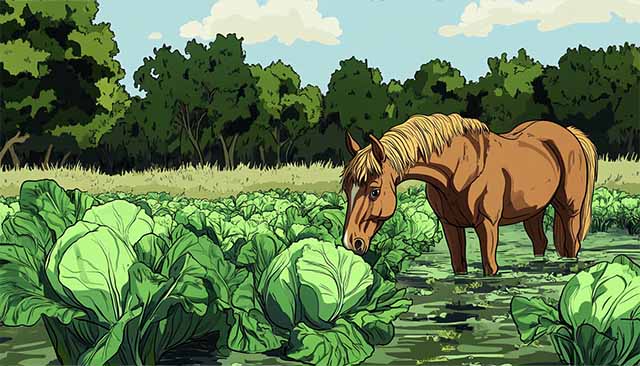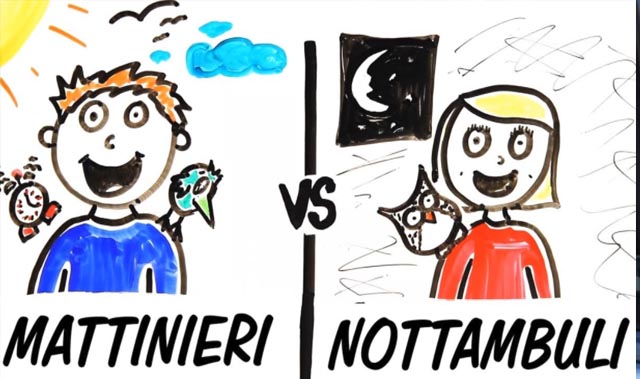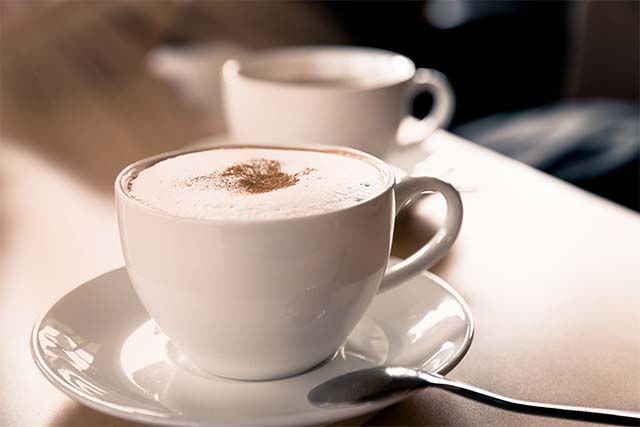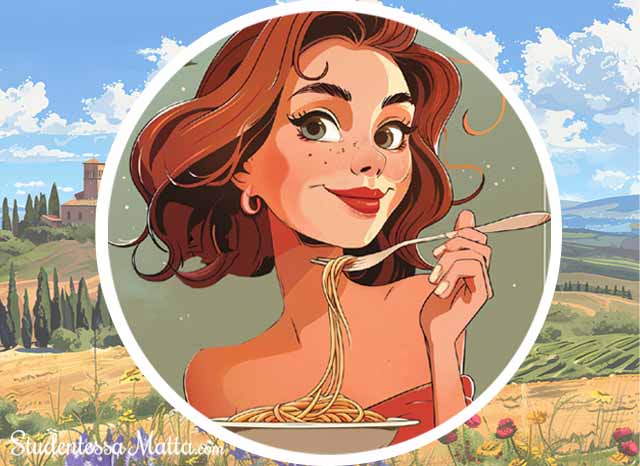
Non Fraintendermi!
MISTAKES NOT TO MAKE!
Don’t Misunderstand Me: Italian Words That Sound or Look Similar
Presta attenzione alla pronuncia italiana e a come si formano i suoni.
Pay close attention to Italian pronunciation and how sounds are formed.
Imparare una nuova lingua significa prima di tutto memorizzare. Le parole devono essere cementate nel cervello per poterle richiamare immediatamente, senza doverci pensare troppo. Devono uscire naturalmente e spontaneamente. Un’abitudine di pronuncia sbagliata acquisita da principianti può diventare un errore automatizzato nel lungo periodo. E Dio solo sa quanto sia difficile disimparare errori meccanici!
Learning a new language is all about memorization at first. You need words cemented in your brain for total recall on the spot without overthinking. They should come out naturally and spontaneously. A bad pronunciation habit acquired as a beginner can become an automated mistake in the long term. And God only knows how hard it is to unlearn mechanical errors!
Padroneggiare la pronuncia italiana aumenta anche la tua sicurezza quando parli: una chiara articolazione dei suoni permette a un madrelingua di capirti… e viceversa.
Mastering Italian pronunciation will also boost your confidence when speaking; clear articulation of sounds helps native speakers understand you—and you them.

Che ENORME differenza fanno le doppie consonanti
sul significato di una parola!
What a HUGE impact double consonants
have on the meaning of a word!
PALLA è una palla — PALA è una pala.
(PALLA is a ball — PALA is a shovel.)
CARO è caro — CARRO è un carro.
(CARO is expensive — CARRO is a wagon.)
CAVOLO è un cavolo — CAVALLO è un cavallo.
(CAVOLO is cabbage — CAVALLO is a horse.)
PANNA è panna — PANNO è un panno.
(PANNA is cream — PANNO is fabric.)
PENNA è una penna — PENA è una pena — PENE è un pene.
(PENNA is a pen — PENA is pain — PENE is a penis.)
ANNO è un anno — ANO è un ano.
(ANNO is a year — ANO is an anus.)
SERA è una sera — SERRA è una serra.
(SERA is an evening — SERRA is a greenhouse.)
FOGLIO è un foglio — FOGLIA è una foglia.
(FOGLIO is a piece of paper — FOGLIA is a leaf.)
Il tavolo o la tavola?
The Table or the Table?
Che confusione scoprire che ci sono due parole per “tavolo”! Il tavolo (maschile) si riferisce al mobile, mentre la tavola (femminile) si usa in espressioni legate al tavolo dove si mangia.
What confusion for foreigners to discover there are two words for “table”! The masculine form, tavolo, refers to furniture, while the feminine form, tavola, is used in expressions related to dining tables.
Che bel tavolo tu hai nel soggiorno.
(What a lovely table you have in the living room.)
Tutti a tavola! La cena è pronta.
(Everyone to the table! Dinner is ready.)
E non dimentichiamo il detto: And let’s not forget the saying:
“Chi canta a tavola e fischia a letto è MATTO perfetto!”
“Those who sing at the table and whistle in bed are perfectly mad!”
Poi ci sono queste parole che suonano simile.
And then there are these words that all sound similar.
Scopo (aim)
Scopa (broom)
Scoppio (burst)
Scappare (run away)
Scopare (to sweep or, ahem, something else!).
Attenti a non scambiare scappare con scopare. Se lo fate, potreste finire nei guai! Guarda il video sopra per imparare meglio il significato di scopare. Mi raccomando, usate queste parole con cautela!
Hold on! Be careful not to mix up scappare with scopare. If you do, you might find yourself in trouble! Watch the video above to help you learn the meaning of scopare. I recommend using these word carefully!
E ora vi lascio con una bella canzone di Mina: “Mi sei scoppiato dentro al cuore” (You burst into my heart). Un classico del 1966 che ha fatto battere il cuore di molti italiani! Guardate la splendida Mina esibirsi in bianco e nero, con tutta la sua eleganza e voce magnetica. Un vero tuffo nel passato… senza fraintendimenti, per favore!
And now, I’ll leave you with a beautiful song by Mina: “You burst into my heart” (Mi sei scoppiato dentro al cuore). A classic from 1966 that made many Italians’ hearts skip a beat! Watch the stunning Mina perform in black and white, with all her elegance and magnetic voice. A real blast from the past… no misunderstandings, please!











“scopare” è anche sinonimo di “spazzare”, ma col tempo ha assunto popolarmente un altro significato, per cui se si vuole intendere “pulire il pavimento con una scopa” è meglio usare “spazzare” 🙂
Mina è sempre grande 🙂 tempo fa uscì un dvd con le pubblicità che fece per la Barilla: stupende 🙂
What fun! We spent four years in Tuscany and learned italian while we were raising babies there! Huge italophiles and now our kids speak italian too! Will love to follow your blog!
Benvenuta Jill! Sono contenta di averti qui! How wonderful to have spent 4 years in Toscana! Would love to know more about your soggiorno and what took you to italia in the first place. As you have discerned from this blog, I’m a huge italiophile myself! This is just another way for me to express my huge affection for the country and my friends who live there! Look forward to hearing from you again and any insights you have from having lived there for such a significant amount of time. A presto!
Ciao Melissa, che blog simpaticissimo! Com’e strana e complicata la vita: tu sei americana e scrivi in italiano ed io sono italiana e scrivo in inglese. Magari facciamo degli scambi linguistici, to correggi me ed io correggo te. Ogni tanto. Gli sbagli sono pure simpatici. Saluti! Letizia
I love the video about scoppare! I made a similar mistake when I first went to italy and instead of saying “piacere” when I met new people, I would say “mi piace” – and let me tell you I got some very warm handshakes indeed! 🙂
Mi ricordo quando un mio cugino è venuto in America per vacanza e l’ho portato in centro, naturalmente, a vedere le viste piuttosto turistiche di New York. Dopo un bel po’ eravamo stanchi e affamati e ci siamo fermati in un bel ristorante americano. Mio cugino, Michele, che voleva praticare il suo inglese decise di ordinare. Arriva il cameriere e chiede se volevamo qualcosa da bere e mio cugino rispose, “Yes, some water with no glass please!” Immagina la faccia del cameriere!!! Voleva dire some water with no ice, please – ma invece ha chiesto acqua senza
bicchiere. Ma quante risate!! È veramente bello imparare una nuova lingua! Lui mi ha perdonato i miei errori in italiano e io gli ho perdonato i suoi errori in inglese.